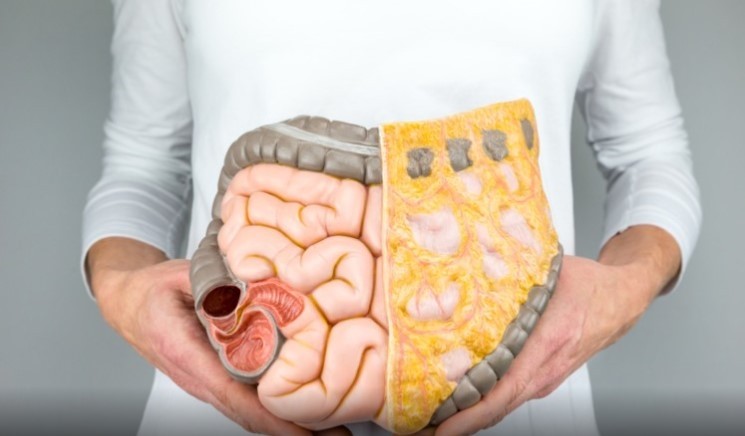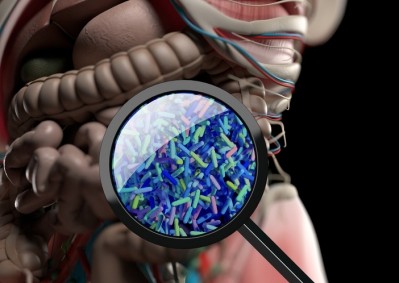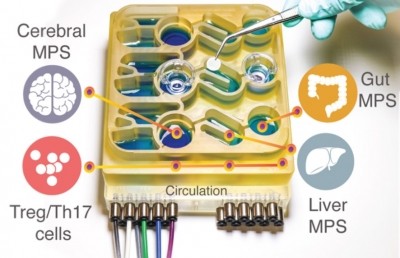4D pharma’s biotherapeutic may boost cancer immunotherapies, study suggests

The LBP MRx1299, which consists of the bacterium Megasphaera massiliensis and its short chain fatty acid (SCFA) metabolite pentanoate and butyrate, may boost cytotoxic activity of T-lymphocytes (CTL).
Additionally, MRx1299 was also found to induce production of effector molecules in CTLs as well as in chimeric antigen receptor (CAR-T) cells, resulting in increased anti-tumour reactivity and improved therapeutic outcome.
“Our existing clinical oncology programs, such as the study of MRx0518 and Keytruda in refractory patients, have shown the important role our live biotherapeutics have to play in the fight against cancer in combination with immunotherapies,” says Dr. Imke Mulder, Research Director, 4D pharma
“Using the MicroRx platform we have now shown we have the potential to improve the efficacies of cell therapies such as CAR-T.
“This demonstrates not only the importance of Live Biotherapeutics as a new modality poised to revolutionise the treatment of a wide range of cancers, but also the power of our MicroRx platform to continue making significant discoveries and advances in this field.”
Pentanoate and butyrate
Published in Nature Communications, the study sets out to show pentanoate and butyrate enhance anti-tumour activity of CTLs and CAR-T cells through metabolic and epigenetic reprograming.
By treating CTLs and CAR T cells with pentanoate and butyrate in vitro the team from the Philipps-University Marburg, Germany, and Universitätsklinikum Würzburg, Germany, demonstrates an increase in the function of mTOR as a metabolic sensor as well as inhibit activity of histone deacetylase.
This enzyme is responsible for the removal of the acetyl group from histone proteins on DNA, making the DNA less accessible to transcription factors.
This reprogramming intends to elevate production of molecules such as CD25, IFN-γ and TNF-α, enhancing the anti-tumour activity of CTLs and CAR T cells in mouse melanoma and pancreatic cancer models.
“Collectively, these results suggest that low-abundant commensal bacterial species such as M. massiliensis and their selective metabolites such as pentanoate may be used as microbial biotherapeutics,” says Dr Alexander Visekruna of the Institute for Medical Microbiology and Hospital Hygiene at Philipps-University Marburg.
“Combined therapies including immune checkpoint inhibitors or CAR-T and simultaneous provision of low-abundant bacteria synthesizing specific metabolites as an adjunctive agent may be therapeutically useful.”
Akkermansia and Bifidobacterium
Recent studies have shown members of the gut microbiota are able to enhance the anti-tumour efficacy of certain therapies.
Akkermansia muciniphila and some Bifidobacterium strains for example have shown to modulate anti-tumour immune responses and improve Immune Checkpoint Inhibitory (ICI) therapy.
In addition, a blend of 11 human bacterial strains elicited strong CD8+ T cell-mediated anti-tumour immunity in an experimental subcutaneous tumour model.
A batch of studies have identified acetate, propionate, and butyrate as major microbial metabolites that improve the function of effector T cells.
“Our study illustrates one approach to exploit the beneficial effect of these SCFAs is the administration of pentanoate, butyrate or other SCFAs to patients that have received adoptive cell therapy,” the study concludes.
“However, the clinical implementation of this embodiment will require careful additional investigations to determine the optimal route, dosing, and schedule in order to balance the stimulation of effector vs. regulatory immune cell subsets in favour of the desired therapeutic outcome.”
Source: Nature Communications
Published online: doi.org/10.1038/s41467-021-24331-1
“Microbial short-chain fatty acids modulate CD8+ T cell responses and improve adoptive immunotherapy for cancer.”
Authors: Luu, M et al.















